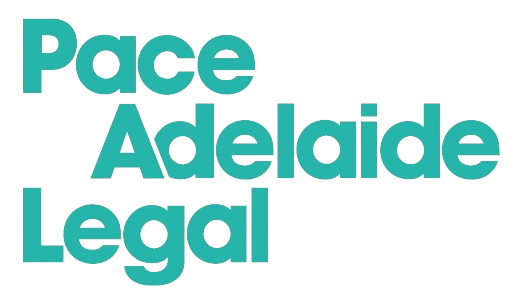How many times have you received a legal letter or telephone call from a lawyer and thought I have no idea what half of that means?! With that in mind, we’ve explained a few of the most common legal terms for you:
Affirmation
A pledge that statements made are true, used in place of the more traditional oath. Both are equally valid and are a matter of choice. Affirmation can be verbal (e.g. in court) or in writing (e.g. by affidavit).
Affidavit
A written declaration made under oath (or affirmed) before a notary public or other authorised officer
Certificate of Title
A document prepared by the Lands Titles Office recording details of land registered under the Torrens system, such as location, encumbrances and owners.
Encumbrance
Charges or liabilities recorded on a property, e.g. mortgages.
Disbursement
Non-solicitor costs, such as fees to lodge documents, pay stamp duty and doctors’ fees for medical reports.
Liability
Legal responsibility for an act, such as breaking a contract, causing an injury or committing a crime. Remedies may be sought in the civil or criminal courts where liability is made out.
Oath
A pledge that statements made are true, made with the oath maker’s hand on the Bible. Witnesses in court are required to take an oath or make an affirmation before giving evidence
Real Property
Land or other real estate.
Testamentary Capacity
The ability to draw up a valid will, particularly the mental capacity to understand about property rights and family responsibilities.
Trust Account
A discrete bank account where a lawyer or conveyencer deposits money held on behalf of clients, subject to strict accounting and reporting rules.
